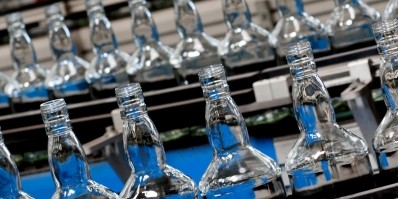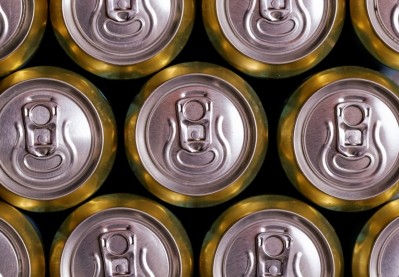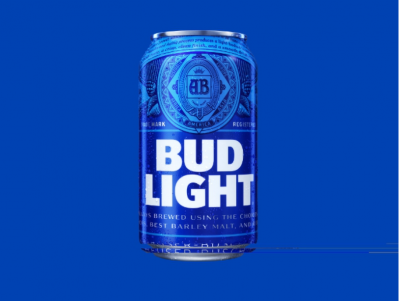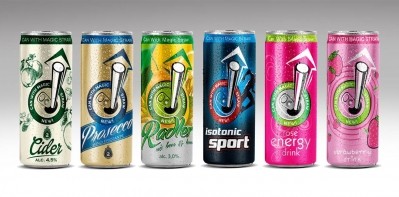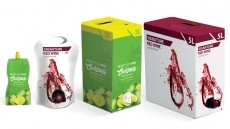Ball wins Brazilian approval of its proposed $8.2bn Rexam deal

The tribunal of Brazil’s competition watchdog, the Administrative Council for Economic Defense (CADE) approved the merger last week on condition it adopts structural and behavioural measures settled in a Merger Control Agreement (Acordo de Controle de Concentrações – ACC).
'The divestiture of plants and tangible and intangible assets'
Speaking at the Tribunal’s judgment session on December 9, (Merger File No. 08700.006567/2015-07), commissioner for the case, Gilvandro Araújo said the deal would ‘tie-up of the two biggest producers of metal beverage cans in the country’ but certain plants will have to be divested.
‘To repeal competition concerns, the transaction´s approval was conditioned to the divestiture of plants and tangible and intangible assets related to them,’ according to Araújo.
The ACC also settled the transfer of current contracts related to the unities to be sold to the eventual plants’ buyer.
The plants’ buyer must be a sole agent and requires CADE’s Tribunal approval. The units to be sold are confidential.
Ball and Rexam will also have to sign contracts for can ends supply with the assets buyer.
Last month, Ball offered to sell more than $1.58bn worth of assets to appease EU antitrust regulators for its acquisition of Rexam.
It allegedly submitted a request to divest four factories in Germany, three in the UK, one each in Spain, France, the Netherlands and Austria and is in discussions with antitrust authorities in the US to divest assets in that country.
January 22 decision
The EU competition authority is scheduled to make a decision on the deal by January 22 after concerns the deal may reduce competition in the beverage can and aluminium bottle manufacturing industry.
Nine of the plants make cans and two of them can ends.
Rexam and Ball are the first and second largest beverage can manufacturers in the European Economic Area (EEA). Ball is the largest supplier worldwide while Rexam is the second.
Customers include large and small manufacturers of beer, carbonated soft drinks, energy drinks, juices and water as well as bottlers working under contract with drinks manufacturers.
If the acquisition went ahead, the combined company would have 60% of the beverage can market in North America, 69% in Europe and 74% in Brazil.
Following the news about CADE’s approval in Brazil,the International Center for Law & Economics (ICLE) has released a research paper called, The Ball-Rexam Merger: The Case for a Competitive Can Market, co-authored by ICLE executive director Geoffrey A. Manne and associate director R. Ben Sperry.
ICLE sent a letter to the FTC urging the Commission to consider the dynamics of the marketplace in its review, and summarizing why the proposed merger was unlikely to raise anti-competitive concerns.
The recommendation claims to be based on a research project undertaken by ICLE to explore the beverage packaging industry, applying law and economics methodologies to assess the competitive effects of the proposed merger.
Seven market dynamics
The paper highlights seven market dynamics that claim the proposed merger is unlikely to have anti-competitive effects, and any competitive concerns that do arise can be readily addressed by a few targeted divestitures. They are;
Because the appropriately defined product market includes not only stand-alone can manufacturers, but also vertically integrated beverage companies, as well as plastic and glass packaging manufacturers, the actual increase in con-centration from the merger will be substantially less than suggested by the change in the number of nationwide aluminum can manufacturers.
Moreover, in nearly all of the relevant geographic markets (which are much smaller than the typically nationwide markets from which concentration numbers are derived), the merger will not affect market concentration at all.
While beverage packaging isn’t a typical, rapidly evolving, high-technology market, technological change is occurring. Coupled with shifting consumer de-mand (often driven by powerful beverage company marketing efforts), and considerable (and increasing) buyer power, historical beverage packaging market shares may have little predictive value going forward.
The key importance of transportation costs and the effects of current input prices suggest that expanding demand can be effectively met only by expanding the geographic scope of production and by economizing on aluminum supply costs. These, in turn, suggest that increasing overall market concentration is consistent with increased, rather than decreased, competitiveness.
The markets in which Ball and Rexam operate are dominated by a few large customers, who are themselves direct competitors in the upstream market-place. These companies have shown a remarkable willingness and ability to invest in competing packaging supply capacity and to exert their substantial buyer power to discipline prices.
For this same reason, complaints leveled against the proposed merger by these beverage giants — which are as much competitors as they are customers of the merging companies — should be viewed with skepticism.
Finally, the merger should generate significant managerial and overhead efficiencies, and the merged firm’s expanded geographic footprint Would allow it to service larger geographic areas for its customers, thus lowering transaction costs and increasing its value to these customers.
